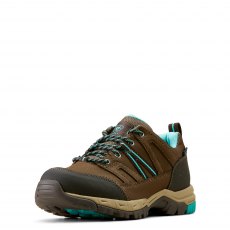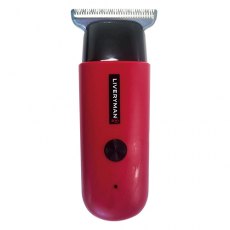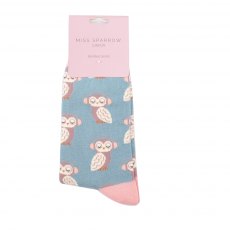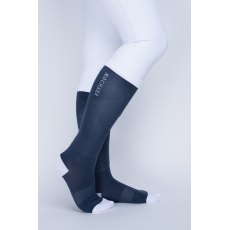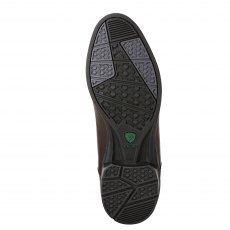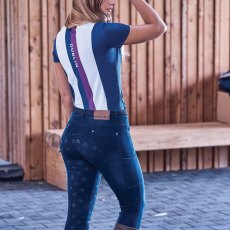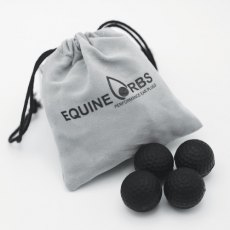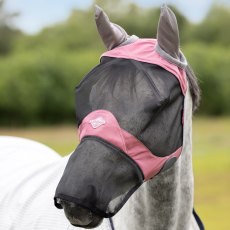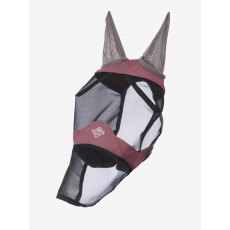Chanelle Ridaworm Cat Tablets - 2 Tablets
Note: Currently not available for delivery to UK, UK Remote Postcodes, Isle of Man, Isle of Scilly, Northern Ireland, Channel Islands, Ireland Republic, EU 1, EU 2, EU 3, EU 4, EU 5, EU 6, EU 7, EU 8, Global 1 and USA.
Chanelle Ridaworm Cat Tablets - 2 Tablets
A cat worming product effective against roundworms and tapeworms. Product can be used as part of a regularly worming treatment (please speak to a RAMA or vet for frequency in use).
Tablets contains praziquantel and pyrantel embonate.
Legal category: AVM-GSL.
Presentation:
Film-coated tablets. A white to off white round, biconvex coated tablet with a breakline on one side and plain on the other side. The tablet can be divided into halves.
Each film coated tablet contains: Active substance:
Pyrantel 80 mg (equivalent to 230 mg pyrantel embonate)
Praziquantel 20 mg
Link to Veterinary Medicines Suspected Adverse Reaction Scheme.
For the treatment of mixed infections caused by the following gastrointestinal roundworms and tapeworms:
Roundworms: Toxocara cati, Toxascaris leonina,
Tapeworms: Dipylidium caninum, Taenia taeniaeformis, Echinococcus multilocularis
To ensure administration of a correct dose, body weight should be determined as accurately as possible.
Dosage The recommended dose is: 20 mg/kg pyrantel (57.5 mg/kg pyrantel embonate) and 5 mg/kg praziquantel. This is equivalent to 1 tablet per 4 kg bodyweight.
Body weight Tablets
1.0 - 2.0 kg ½
Greater than 2.0 up to 4.0 kg 1
Greater than 4.0 up to 6.0 kg 1 ½
Greater than 6.0 kg 2
Administration and duration of treatment
Single oral administration. The tablet should be given directly to the cat, but if necessary can be disguised in food.
In ascarid infestation, especially in kittens, complete elimination cannot be expected, so a risk of infection for humans can persist. Repeat treatments should, therefore, be carried out with a suitable roundworm product at 14 day intervals until 2-3 weeks after weaning.
If signs of disease persist or appear, consult a veterinary surgeon.
Contra-indications
Do not use simultaneously with piperazine compounds.
Do not use simultaneously with other deworming products without veterinary advice.
Do not use in kittens less than 6 weeks of age.
Do not use in animals with known hypersensitivity to the active substances or to any of the excipients.
Do not use during pregnancy
Special warnings for each target species
Fleas serve as intermediate hosts for one common type of tapeworm – Dipylidium caninum. Tapeworm infestation is certain to reoccur unless control of intermediate hosts such as fleas, mice, etc. is undertaken. Development of parasite resistance to anthelmintics of a certain class can occur after frequent and repeated use of an anthelmintic from that class
Special precautions for use
i) Special precautions for use in animals
Not intended for use in cats weighing less than 1 kg bodyweight
ii) Special precautions to be taken by the person administering the veterinary medicinal product to animals
In the interests of good hygiene, persons administering the tablets directly to the cat, or by adding them to the cat’s food, should wash their hands afterwards. In case of accidental ingestion, seek medical advice and show the package leaflet to the physician.
Use during pregnancy, lactation or lay
Do not use during pregnancy but may be used during lactation
Interaction with other medicinal products and other forms of interaction
Do not use simultaneously with piperazine compounds.
Withdrawal period
Not applicable
Overdose (symptoms, emergency procedures, antidotes),
After doses higher than 5 times the recommended dose, signs of intolerance such as vomiting have been observed.
Other precautions
Echinococcosis represents a hazard for humans. As Echinococcosis is a notifiable disease to the World Organisation for Animal Health (OIE), specific guidelines on the treatment and follow-up, and on the safeguard of persons, need to be obtained from the relevant competent authority (e. g. experts or institutes of parasitology) If the cat has visited areas where Echinococcus spp. are prevalent, a veterinarian should be consulted
Adverse reactions (frequency and seriousness)
Mild and short-lived digestive tract disorders such as excessive salivation and/or vomiting and mild and short-lived disorders of the nervous system such as loss of balance may occur in very rare cases.
The frequency of adverse reactions is defined using the following convention:
- very common (more than 1 in 10 animals displaying adverse reaction(s) during the course of one treatment)
- common (more than 1 but less than 10 animals in 100 animals)
- uncommon (more than 1 but less than 10 animals in 1,000 animals)
- rare (more than 1 but less than 10 animals in 10,000 animals)
- very rare (less than 1 animal in 10,000 animals, including isolated reports)
This veterinary medicinal product does not require any special temperature storage conditions Discard any unused half tablets immediately. Do not remove tablets from immediate packaging until require for use. Keep blister in the outer carton.
Any unused veterinary medicinal product or waste materials derived from such veterinary medicinal product should be disposed of in accordance with local requirements.
Legal category:AVM-GSL
Collection Only
This item is available for collection only.








